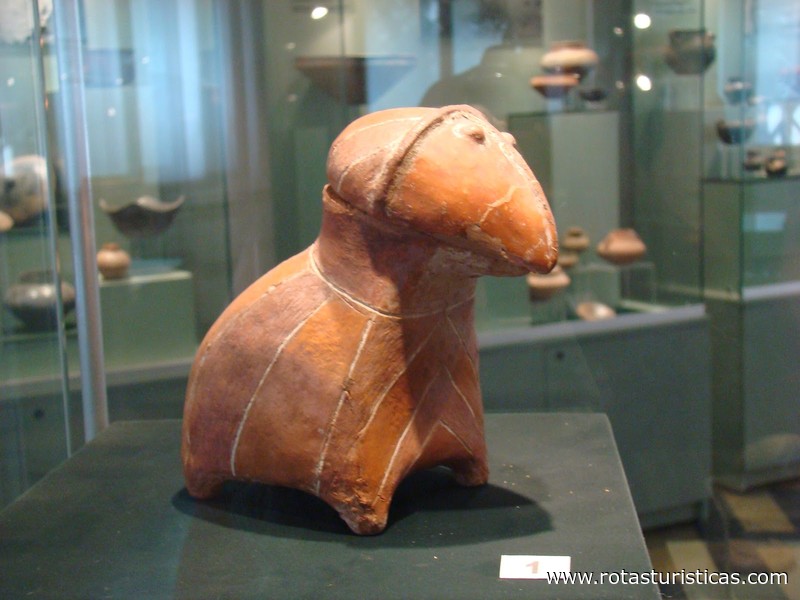Sofia, Grad Sofiya, Bulgaria
Suggest Place to Visit
4418
Track to location with GPS |
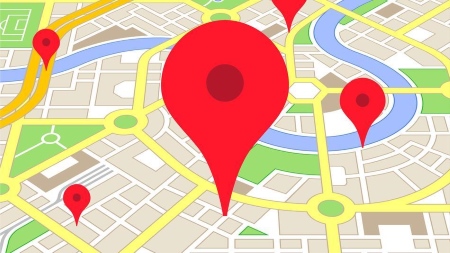 |
The National Archaeological Museum (Bulgarian: Национален археологически музей, Natsionalen arheologicheski muzey) is an archaeological museum in the center of Sofia, the capital of Bulgaria. It reaches the building of the largest and oldest former Ottoman mosque in the city, Büyük camii ("Grand Mosque"), built around 1474 under Mehmed II. The museum was established as a separate entity in 1893 as the National Museum directed by Czech Václav Dobruský with its headquarters in the former mosque that previously housed the National Library between 1880 and 1893.
The museum was officially opened and opened in 1905, as then all the archaeological exhibits previously held all over the city were moved there, in the presence of Knyaz Ferdinand of Bulgaria and Minister of Enlightenment Ivan Shishmanov.
Several additional halls and administrative buildings of the museum were built in the following years, which continues to use the historic stone building of the old mosque despite the often unfavorable conditions, notably the humidity in the summer. The museum has five exhibition halls: Central Hall, Prehistory, Middle Ages, Treasure, and a special temporary exhibition. It is managed by the Bulgarian Academy of Sciences.
The idea for the creation of an archaeological institute with a museum was conceived among exiled Bulgarian intellectuals in the 1840s, and was among the top priorities for the Bulgarian Literary Society immediately after its establishment in 1869. During the interim Russian administration immediately after the Liberation of Bulgaria, the first steps towards the establishment of a national archaeological museum were taken. In 1892, the institution was de jure established through a decree by the Tsar, and the assembly of its collections began the next year. Initially it was also known as the "Museum-temple of the Fatherland".
Until 1906, the museum included a collection of ethnographic items. By this year however, the collection was becoming so vast that it had to be separated and displayed in a separate institution, which became the Ethnographic Museum of Sofia. Since its foundation, the Museum works actively in cooperation with the Bulgarian Archaeological Society. In 1920 an Archaeological Institute headed by Bogdan Filov was established as an independent institution. It was merged with the museum in 1948 and is under the auspices of the Bulgarian Academy of Sciences ever since.
The museum today
After World War II the joint institution launched a series of archaeological expeditions inside Bulgaria. They conducted studies on a number of sites from the Chalcolithic to the early Middle Ages, which resulted in a number of additional artifacts being added to the museum collection. Today the museum stores a large number of items, although some of them are threatened by damage due to the design of the building, which is charactrised by high moisture levels during the summer season.
Collections
Prehistory Hall - located at the lower floor of the northern wing. It displays a collection of dating items from between 1,600,000 BC and 1,600 BC. The collection is chronologically displayed and includes various findings from cellars around Bulgaria, tools of the earliest humans who inhabited its modern territory, drawings, simple pottery, ritual items and many others.
It subdivides into an Early, Middle and Late Paleolithic collection, Neolithic collection, Chalcolithic collection, and Bronze Age.
Treasury - located in the eastern wing and displays grave inventory and other treasures from the late Bronze Age to late Antiquity. Two of the most well-known Bulgarian treasures are located here: the Valchitran and Lukovit Treasures.
Main Hall - located on the first floor of the main building. Hosts a collection of diverse items ranging from ancient Thrace, Greece and Rome to the late Middle Ages.
Medieval Section - located at the second floor of the main building. Includes a gallery of medieval books, woodwork, drawings, metal objects and other items characteristic of the era.
Comments
We don´t have yet any comments about:
Archeological Museum
Archeological Museum
Be the first to leave a comment as it is very important to inform other people
Outros locais a visitar
Within a radius of 20 km from:Archeological Museum
National Art Gallery |
| 0,2 Km |
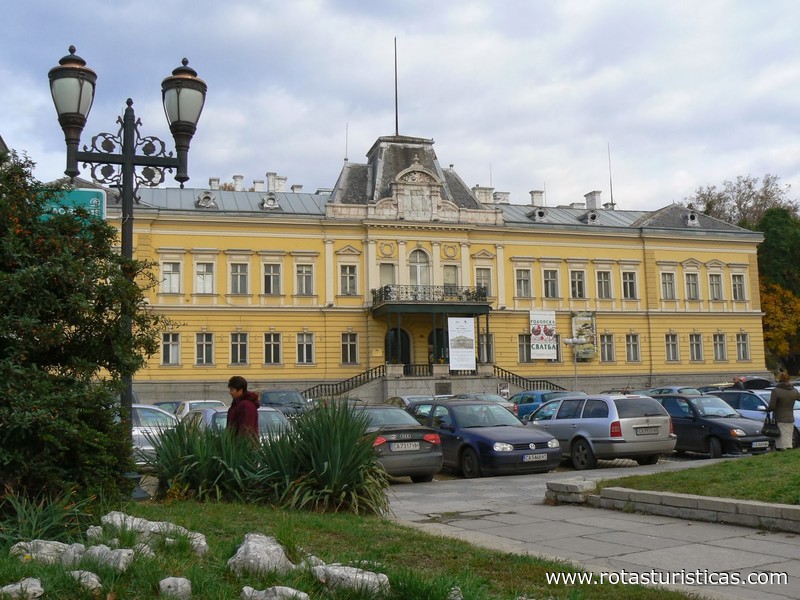 |
National Ethnology Museum |
| 0,3 Km |
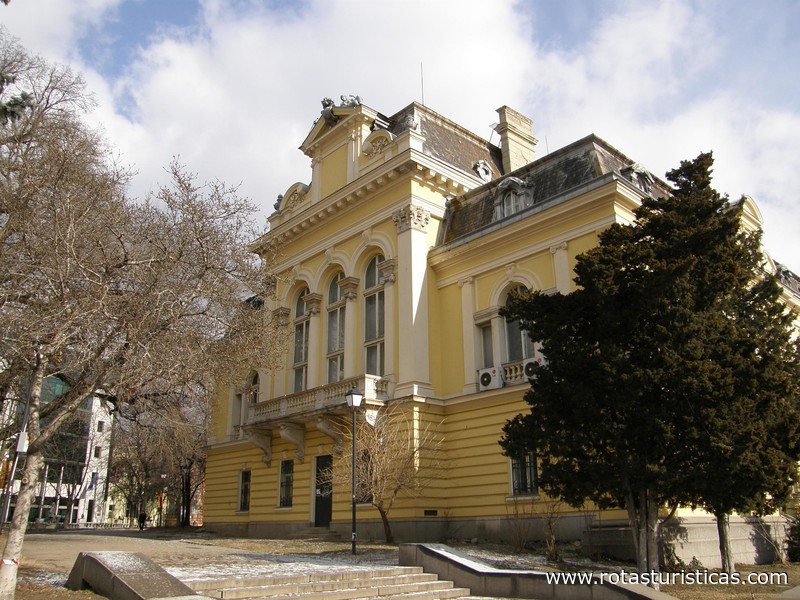 |
Ivan Vazov National Theater (Sofia) |
| 0,3 Km |
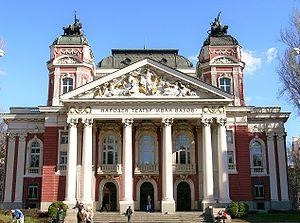 |
Sveta-nedelya Cathedral |
| 0,3 Km |
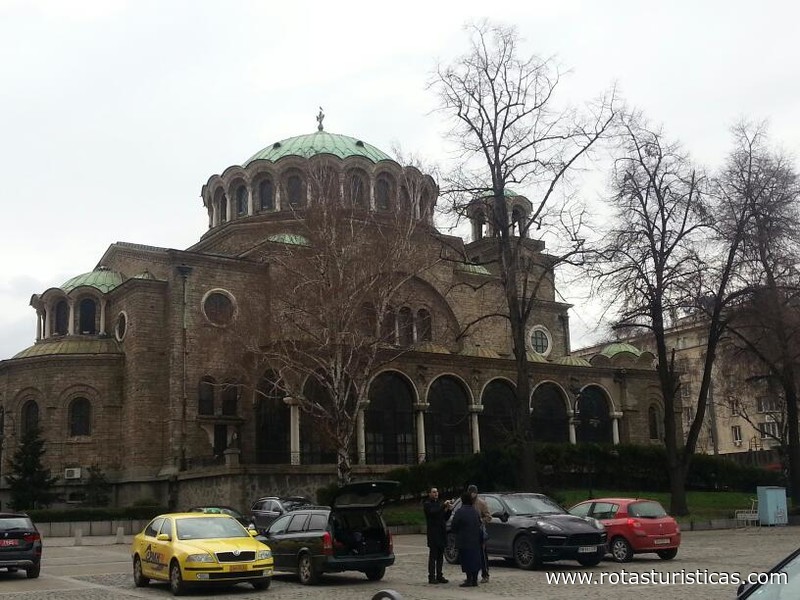 |
The Russian Church “st. Nikolay ” |
| 0,3 Km |
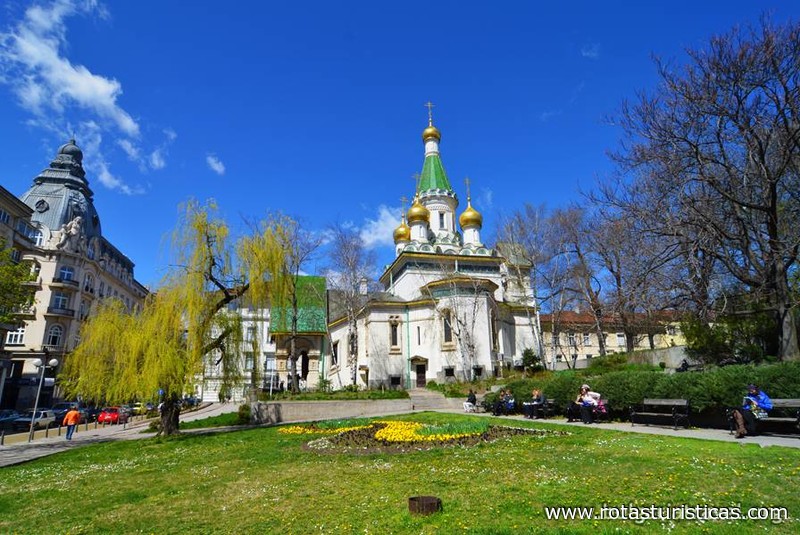 |
National Museum of Natural History |
| 0,3 Km |
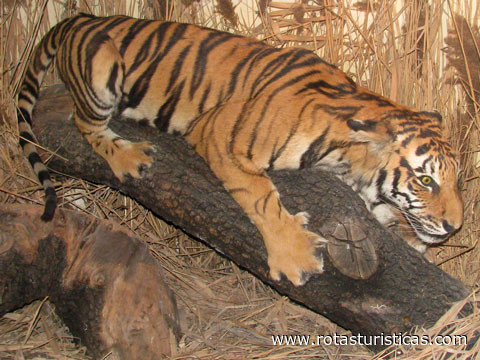 |
House Museum Ivan Vazov |
| 0,4 Km |
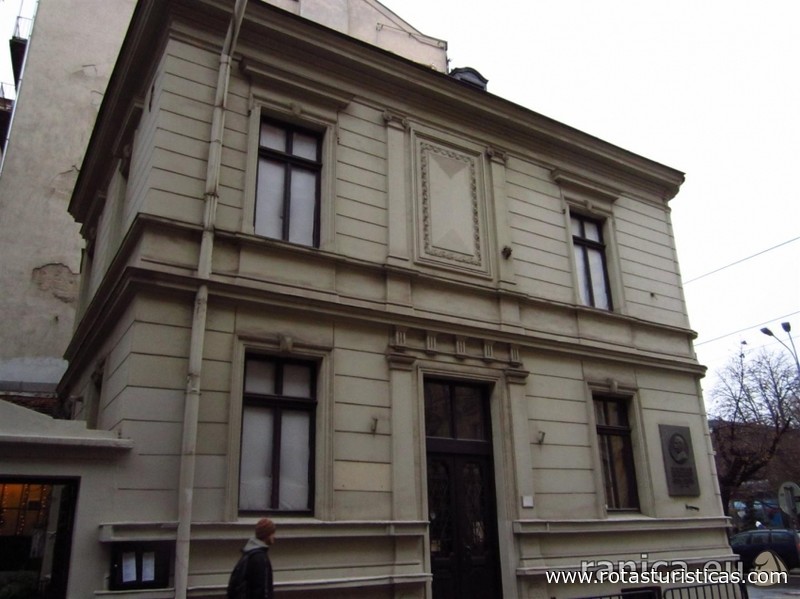 |
Cathedral of Saint Joseph |
| 0,5 Km |
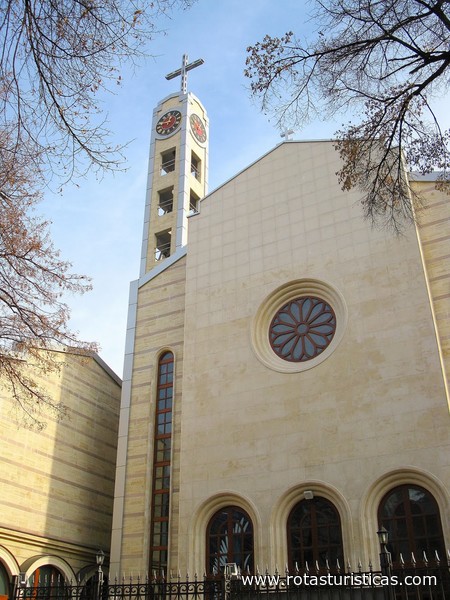 |
Church of Saint Sophia (Sofia) |
| 0,6 Km |
 |
Alexandre Nevsky Cathedral (Sofia) |
| 0,7 Km |
 |
Memorial Temple “st. Alexander Nevski ” |
| 0,7 Km |
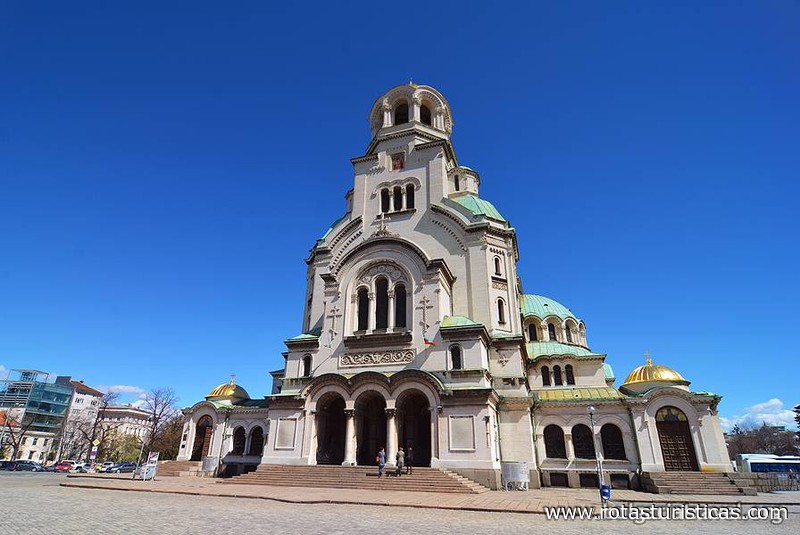 |
Church of Saint Sophia (Sofia) |
| 0,7 Km |
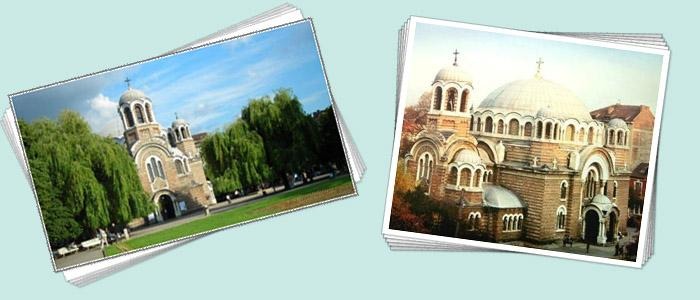 |
Petko Slaveikov And Pencho Slaveikov Museum House |
| 0,8 Km |
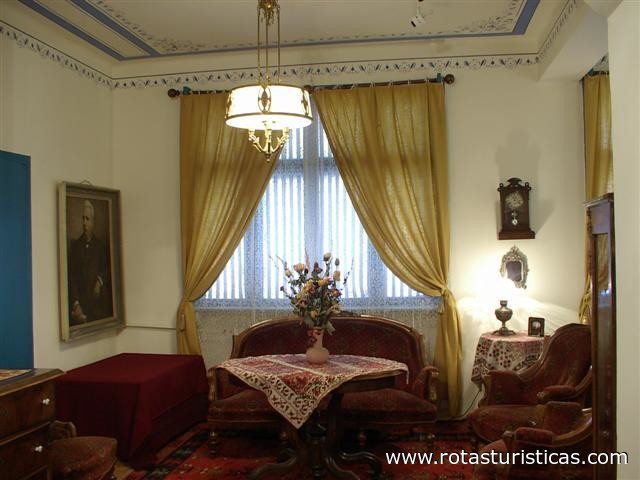 |
National Gallery For Foreign Art |
| 0,8 Km |
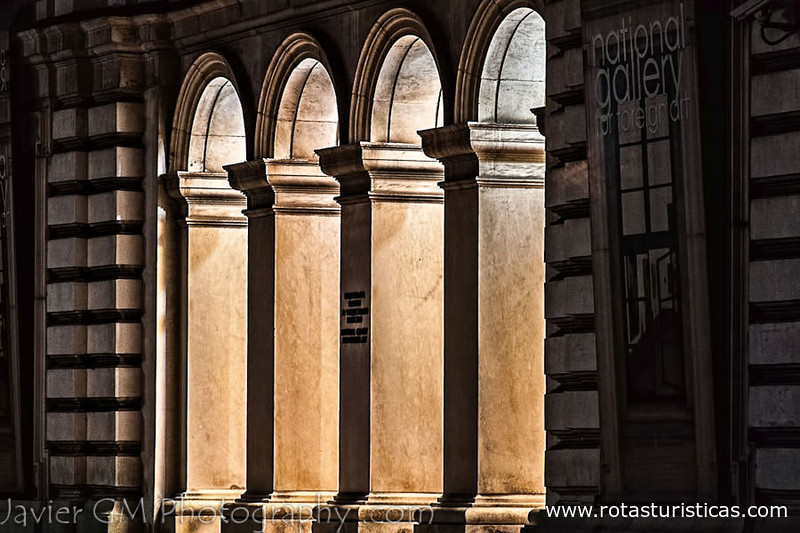 |
Orlov Bridge (Sofia) |
| 1,2 Km |
 |
National Palace of Culture (Sofia) |
| 1,3 Km |
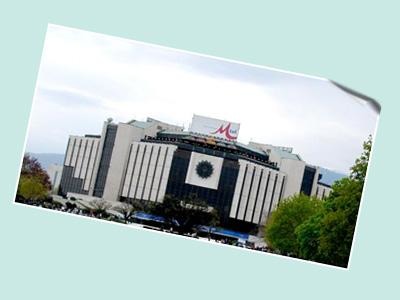 |
Church of St. Nicholas (Sofia) |
| 1,3 Km |
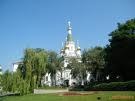 |
Galeriya Vaska Emanuilova |
| 1,4 Km |
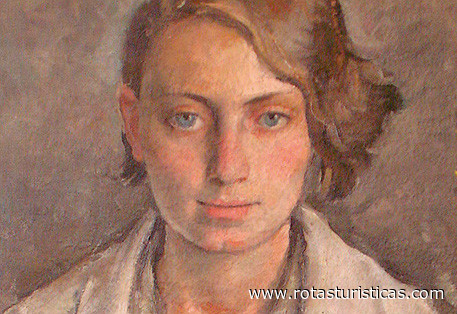 |
Earth And Man National Museum |
| 1,8 Km |
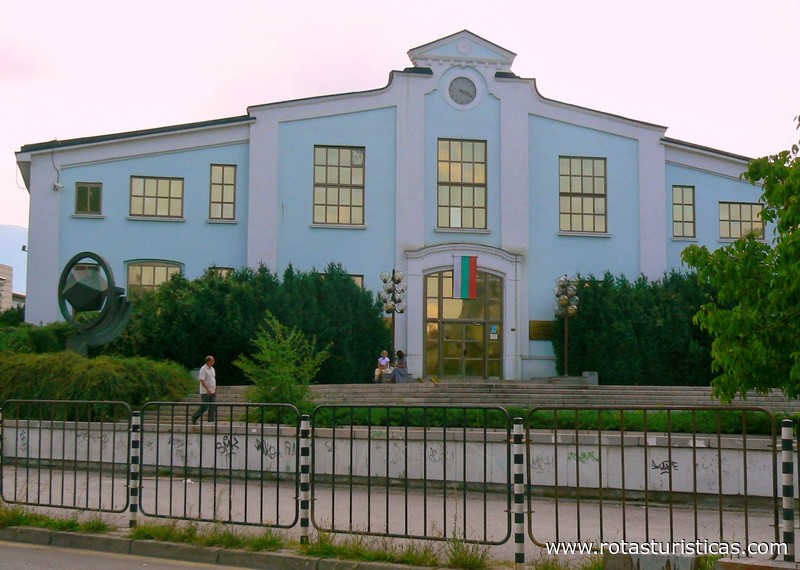 |
National Museum of Military History |
| 2,4 Km |
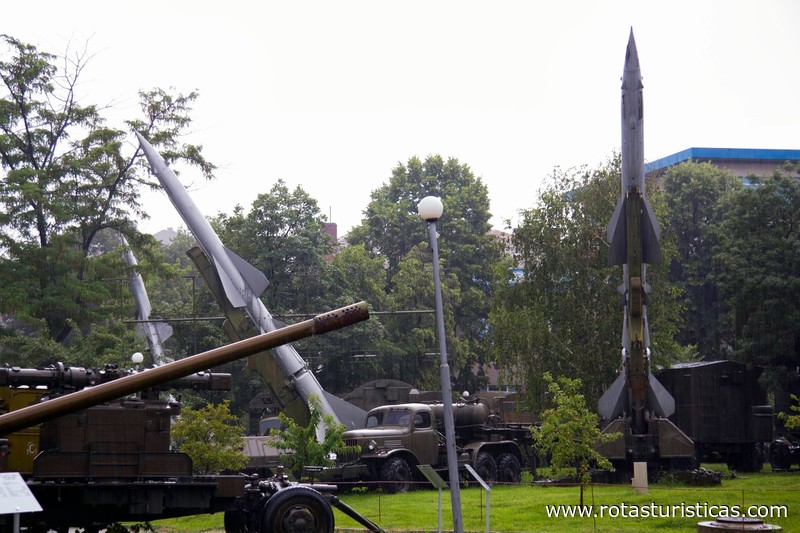 |
National Historical Museum |
| 6,3 Km |
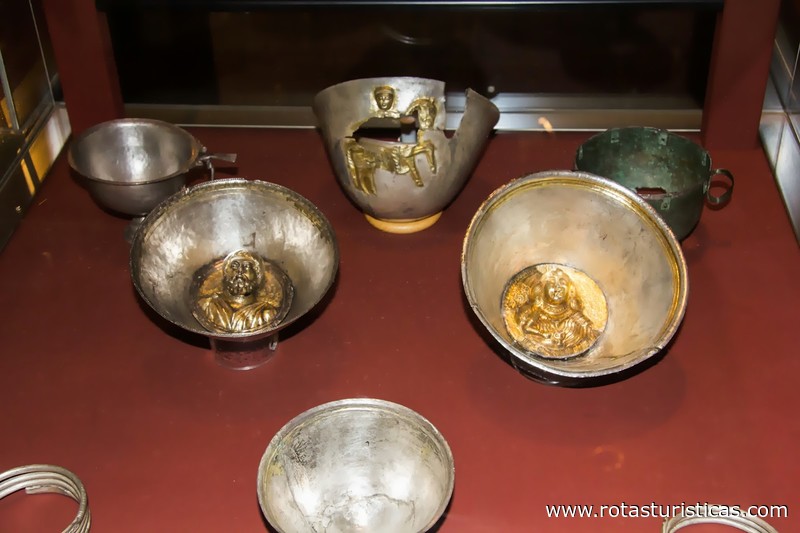 |
Vitosha Natural Park And The Vitosha Mountain |
| 14,8 Km |
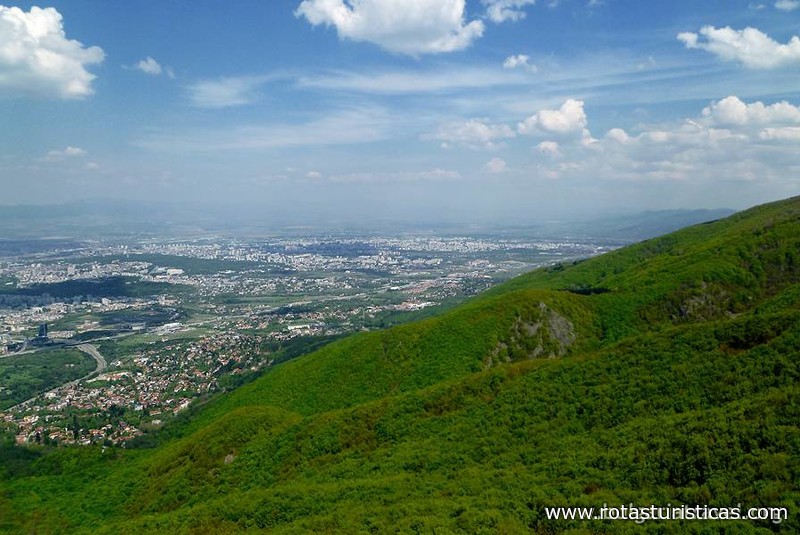 |
Hotel reservation near Archeological Museum within a radius of 20 km
No results
Why to book with CLUBE TRAVEL
The best prices
Our partnerships with the world´s largest operators offer research on the best market prices.
More options
At Rotas Turisticos you can book the hotel, buy the air ticket, book the transfer from the airport to the hotel and vice versa, book the local excursions, rent the car, take travel insurance and consult the places to visit and where to go.
Holiday Tips & Destinations
Hundreds of holiday destinations with all the options that allow you to easily choose the destination that best suits your dream vacation.
CLUBE TRAVEL
Links


